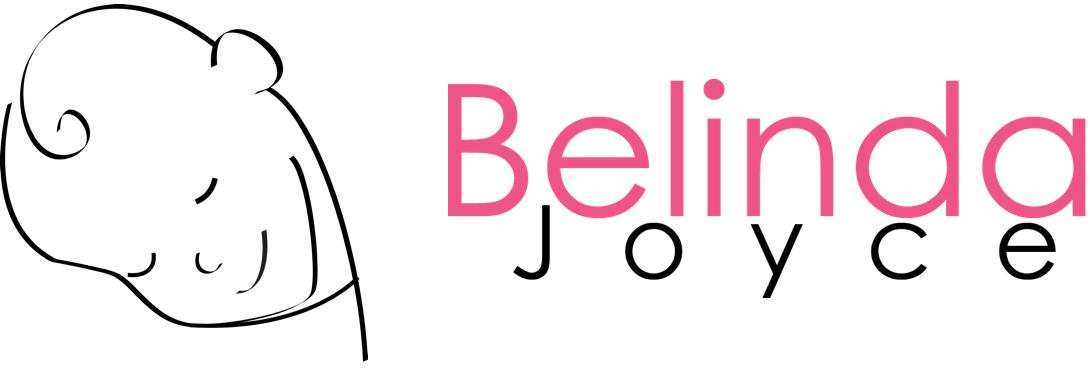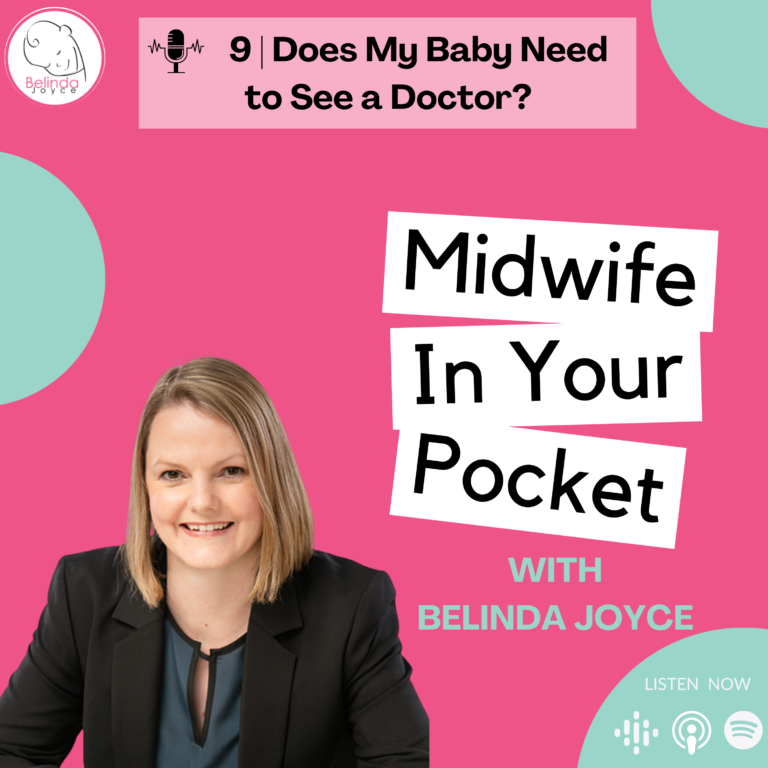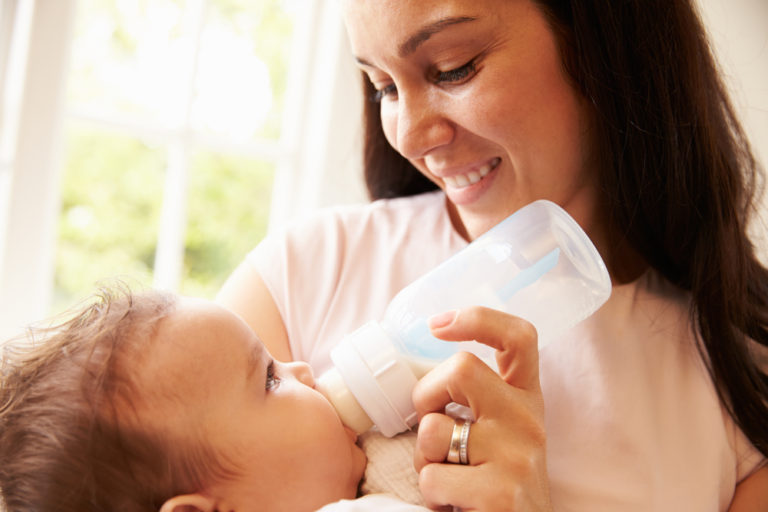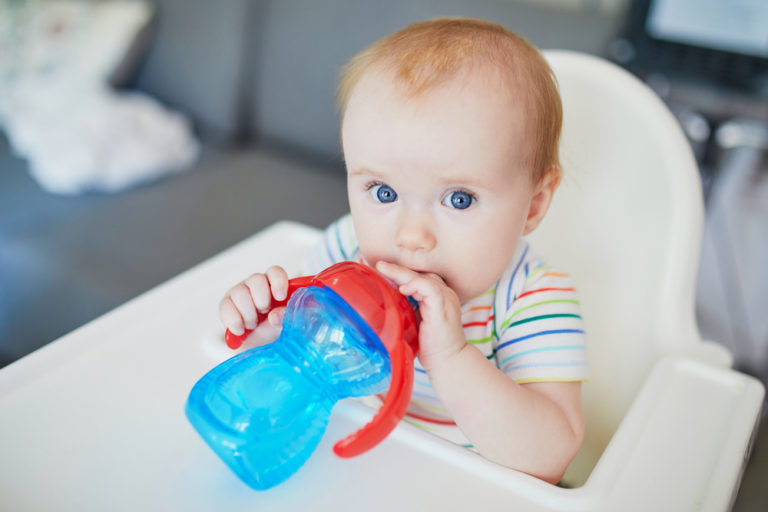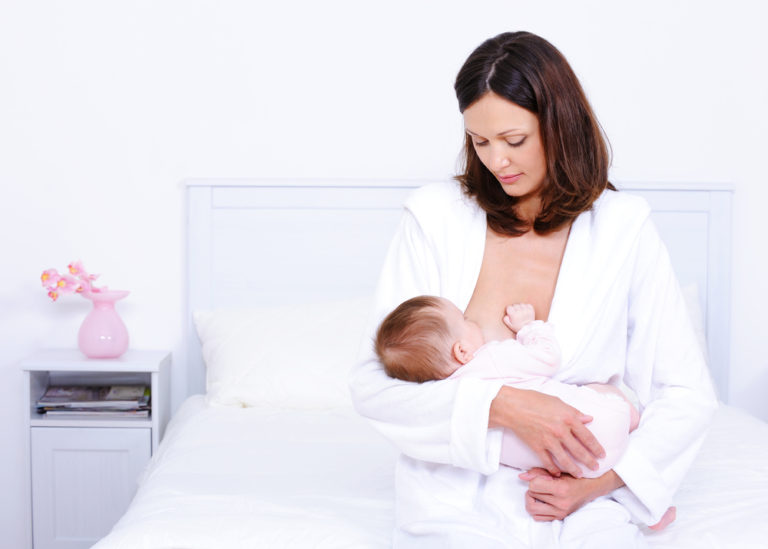Is My Baby Ready for Solid Food?
“Is My Baby Ready For Solid Food?” is a very common question from parents of young babies.
Over the last 10 – 20 years there has been much changing, as well as controversial information on when babies should start solid foods and what foods to start with. The information in this post is based on the National Health and Medical Research Council (NHMRC) Australian Infant Feeding Guidelines.
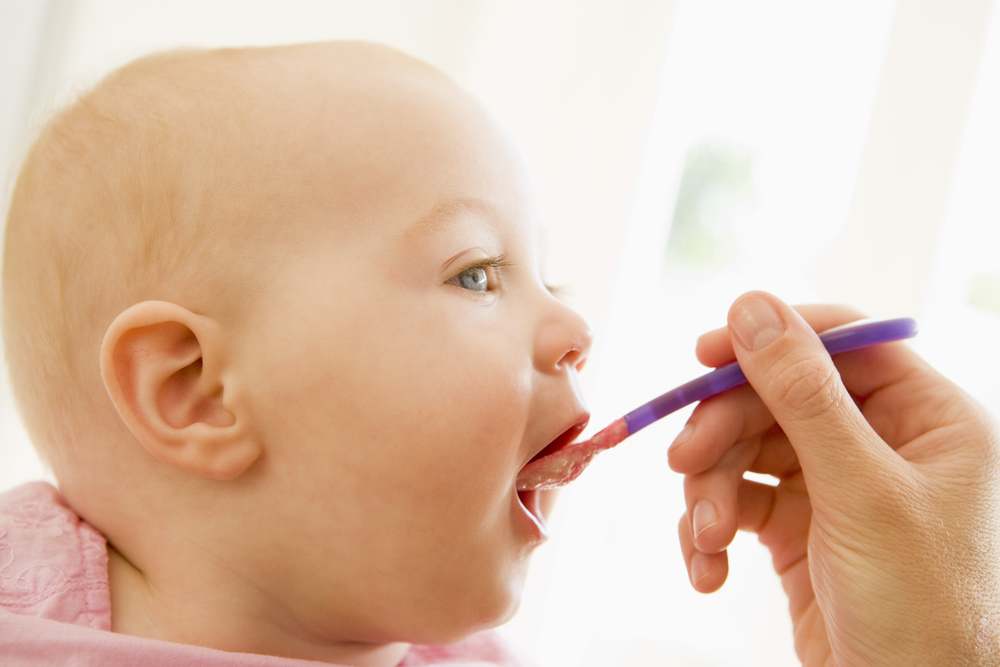
We know that most babies will be ready for solid foods around 6 months of age and not before 4 months of age, prior to this all they require is either breast milk or infant formula.
DISCOVER HOW TO SURVIVE & ENJOY YOUR BABY!
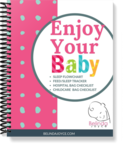 The pack is full of checklists and printables to help you improve sleep challenges with our flowchart, decide what to take to hospital, what equipment is essential, what to put in your nappy bag and so much more
The pack is full of checklists and printables to help you improve sleep challenges with our flowchart, decide what to take to hospital, what equipment is essential, what to put in your nappy bag and so much more
Starting solid foods too early, before 4 months of age can lead to problems such as poor growth as less breast milk or infant formula is given which can reduce the breast milk supply. We also see higher rates of infection and food allergy as well as difficulty digesting the food causing loose poos or even diarrhoea.
Signs your baby is ready for solids include:
- Has good head and neck control and can sit with support
- Watching you eat with interest
- Copying your chewing motions
- Drooling when watching you eat
- Reaching out to take your food and if they succeed, putting it in their own mouth
- Opening mouth when food is offered
Basically, if your baby is making you feel guilty every time you eat in front of them and they are over 4 months of age you could probably try them with some food. I know my babies gradually became more and more interested in us eating in front of them, by the time we offered them some food they were drooling, reaching out and making chewing motions. They all enjoyed being able to join in.
Beyond 6 months of age, your baby will require nutrients, especially iron from solid foods as well as breast milk or infant formula to maintain optimal growth and development.
“The aim of introducing solid food is to have your baby eating what you eat by 12 months of age” Belinda Joyce
Late introduction of solid foods is associated with increased food allergies, poor growth, deficiencies in nutrients particularly iron as well as feeding difficulties.
It is important to act when your baby is showing signs of being ready as it is a window of time where your baby is likely to enjoy a large variety of flavours and textures of foods.
If your baby shows no signs of readiness by 6 months of age, go ahead and start trying some solid foods.
Even though it feels like another step in your baby’s development there is no rush to start solid foods unless you are seeing some of the above signs of readiness. People will often say that your baby will sleep better once solid foods are introduced however the research and many parents experiences do not back this up.
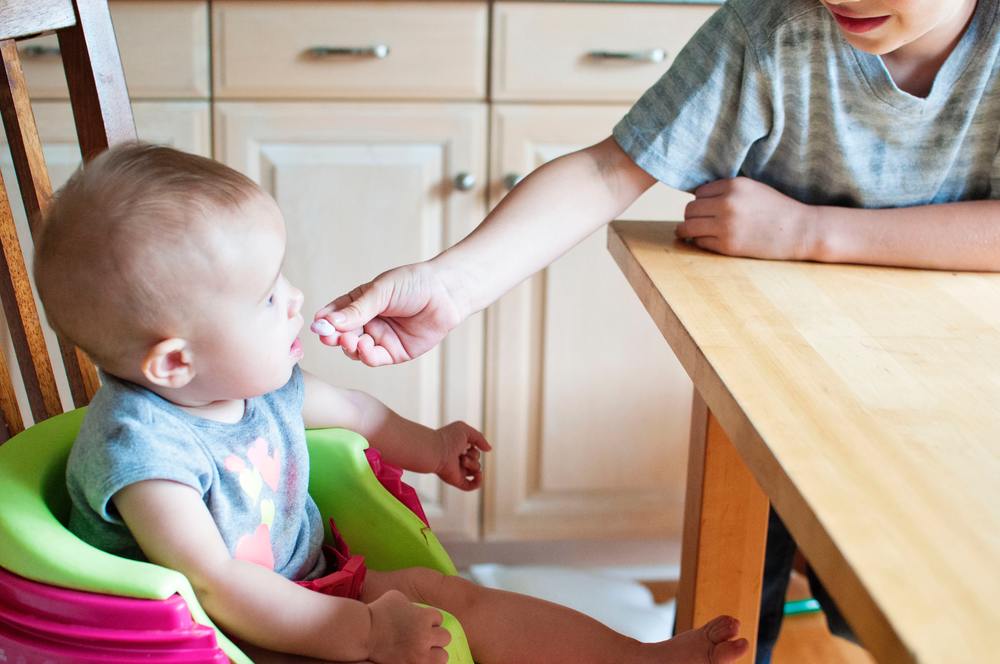
If you try some solid foods with your baby and he is not interested, try again in a week or so. In our society eating is a social occasion and should be fun so try eating together and try not to make a big deal about it. He will start enjoying food in coming months.
Most importantly, breast milk or infant formula remains your baby’s most important source of nutrition until closer to twelve months of age.
See my blog post ‘How to start feeding your baby solid foods’ here or for more detailed information see my book ‘Survive and Enjoy Your Baby, How to Find Your Path to Parenthood’
